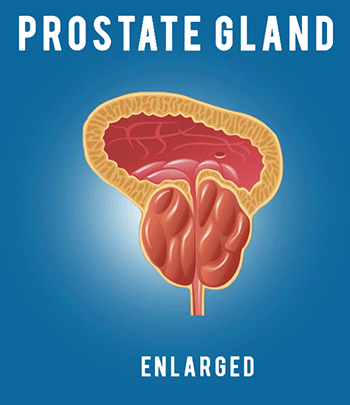Testosterone therapy may affect your heart
Testosterone therapy may affect your heart
Testosterone drugs are used in order to increase the hormone’s level in the organism of those that don’t have enough of it in their bloodstream. Testosterone is the hormone that intervenes in muscle mass, body fat, voice thickening and even some characteristics of the bone system. Obesity, diabetes and hypertension can all be results of insufficient testosterone. Normally, testosterone levels increase around the age of puberty and it decreases after the age of 50. According to recent statistics, there are currently more than 13 million American citizens that have low levels of testosterone.

Image credit: Flickr cc
This is why people use testosterone drugs. Not only to prevent life-threatening situations such as the ones we were mentioning above, but also to keep their masculinity. A recent Canadian study has, however, discovered that testosterone replacement products can affect cardiac health. According to CTV News Winnipeg, the study
found a growing body of evidence suggesting that the use of replacement testosterone may pose an increased risk of heart attack, stroke, blood clots in the lungs or legs, and heart rhythm irregularities.
The federal department says testosterone replacement products should not be used in men for non-specific symptoms if lab tests have not confirmed a low testosterone level, nor should they be used in children under 18 nor in women.
The Wall Street Journal has, however, presented the situation from another point of view. According to the editors, the FDA has a different opinion compared to the one that’s backed up by Canadian scientists.
The FDA believes
“publication of these studies warrants further exploration of a possible safety signal regarding testosterone and cardiovascular risk. Our current evaluation remains ongoing,” the agency wrote Public Citizen Health Research Group, which petitioned the agency earlier this year for upgraded warnings. The FDA “will continue to evaluate the cardiovascular risks of testosterone, and, if warranted, will take appropriate regulatory action to protect the public health when its evaluation” is complete.
The bottom line is that all patients should be evaluated before being prescribed any sort of medicine. In case they have other health problems aside from the lack in testosterone, they should undergo some tests to see whether the therapy could have harmful effects. Moreover, people who know they have poor heart health should inform their doctors before agreeing to taking any other drugs.
The current Canadian recommendation is that the drugs be not subscribed to children under the age of 18, regardless of their testosterone deficiencies that may have occurred with the age of 14 (the beginning of puberty – in theory).


